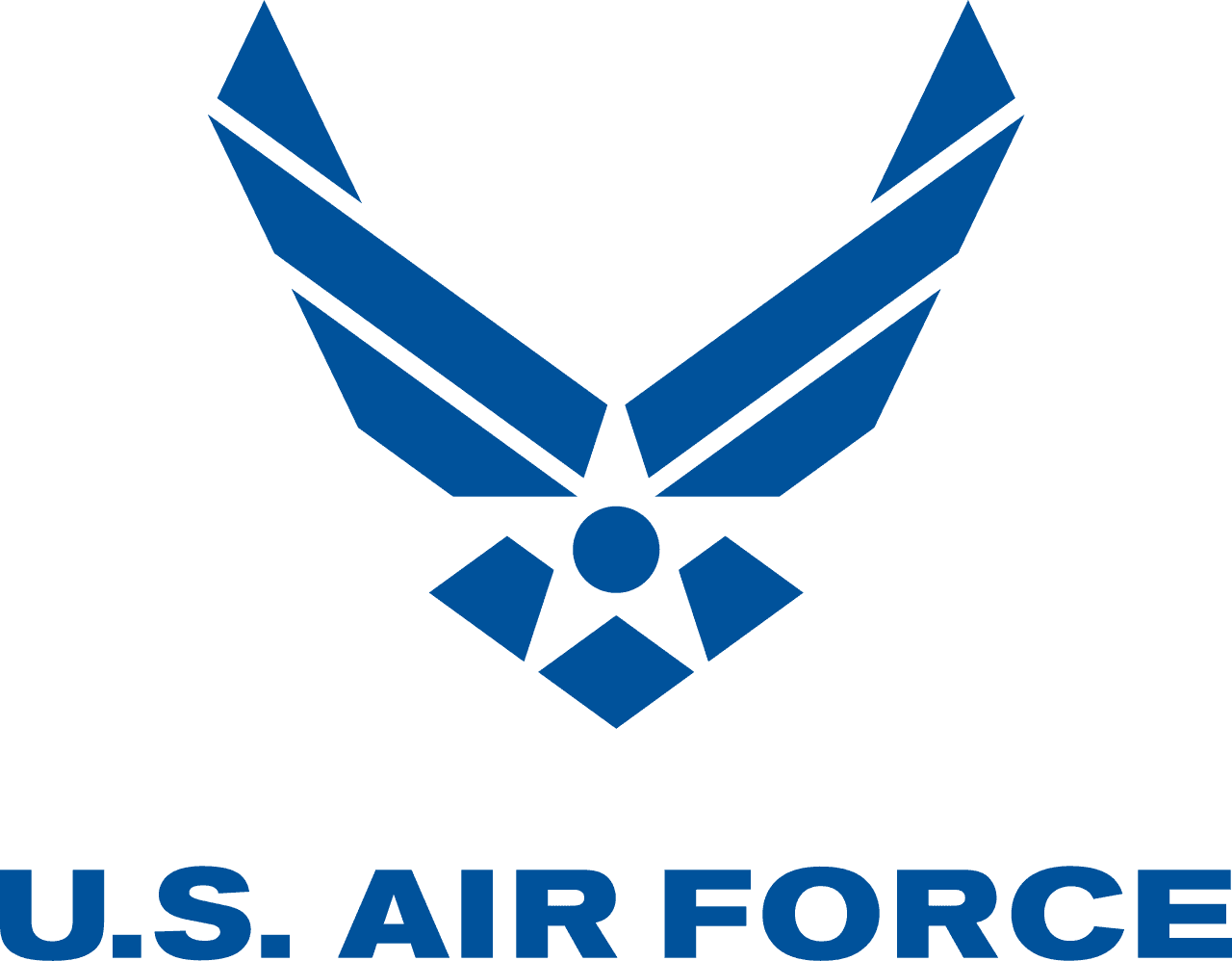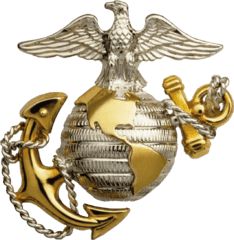Military Nuclear Engineers
Overview
What are the responsibilities of this role?
Nuclear engineers direct research and development to capitalize on the energy released in nuclear reactions. In the Military, these engineers oversee projects that apply nuclear technology to weapons systems as well as nuclear power plants. They are responsible for maintaining the security of nuclear weapons, and the safety of all personnel that work with nuclear materials.
What is the work environment like?
Nuclear engineers work in offices, research laboratories, and power plant control centers, either on land or aboard nuclear-powered ships and submarines.
How many people have this role in the Military?
4,895
Compensation
Understanding How Military Pay is More Than Just a Salary
Base pay is the standard income you’ll earn as a service member, providing a stable foundation to start achieving your financial goals.
- Always fixed based on rank and service time.
- Distributed monthly.
What is the typical salary range?
$96,411
$123,243
$158,168
Military Details
What Service Branches offer this role?
Is this a staff or leadership role?
What does the training for this role entail?
Nuclear engineers in the Military are given many opportunities to build upon the skills and education they bring with them to the job. Job training for nuclear engineers primarily consists of classroom instruction and on-the-job learning in various training environments. Like other officers, they complete a comprehensive training program covering responsibilities, military structure and etiquette, traditions, and leadership development. Depending on their specialty, job-specific training content may include:
- Advanced mathematics such as differential equations
- Nuclear propulsion
- Thermodynamics
- Reactor dynamics
- Systems and components of a nuclear propulsion plant
- Associate systems of full-scale nuclear plants
Education
What level of education do professionals in this role have?
Which college majors best prepare you for this role?
- Nuclear Engineering
Learn About How Military Can Pay for 100% of your College Degree
Skills and Interests
What knowledge is essential to bring to the table?
- Engineering and Technology
- Mathematics
- Physics
- Chemistry
- Education and Training
What personality traits help people thrive in this role?
You love figuring out how things work and researching subjects that interest you.
You love hands-on work and solving practical problems — like fixing things and building stuff.
You like structure, staying organized, and working with systems to get things done efficiently.
RIASEC represents six broad interest areas—Realistic, Investigative, Artistic, Social, Enterprising and Conventional—helping individuals identify careers that match their skills and preferences.
Take the RIASEC TestData supplied by Bureau of Labor Statistics, National Center of Education Statistics, Defense Manpower Data Center (View our update schedule). Contact any business, college or military service branch to answer additional questions.




